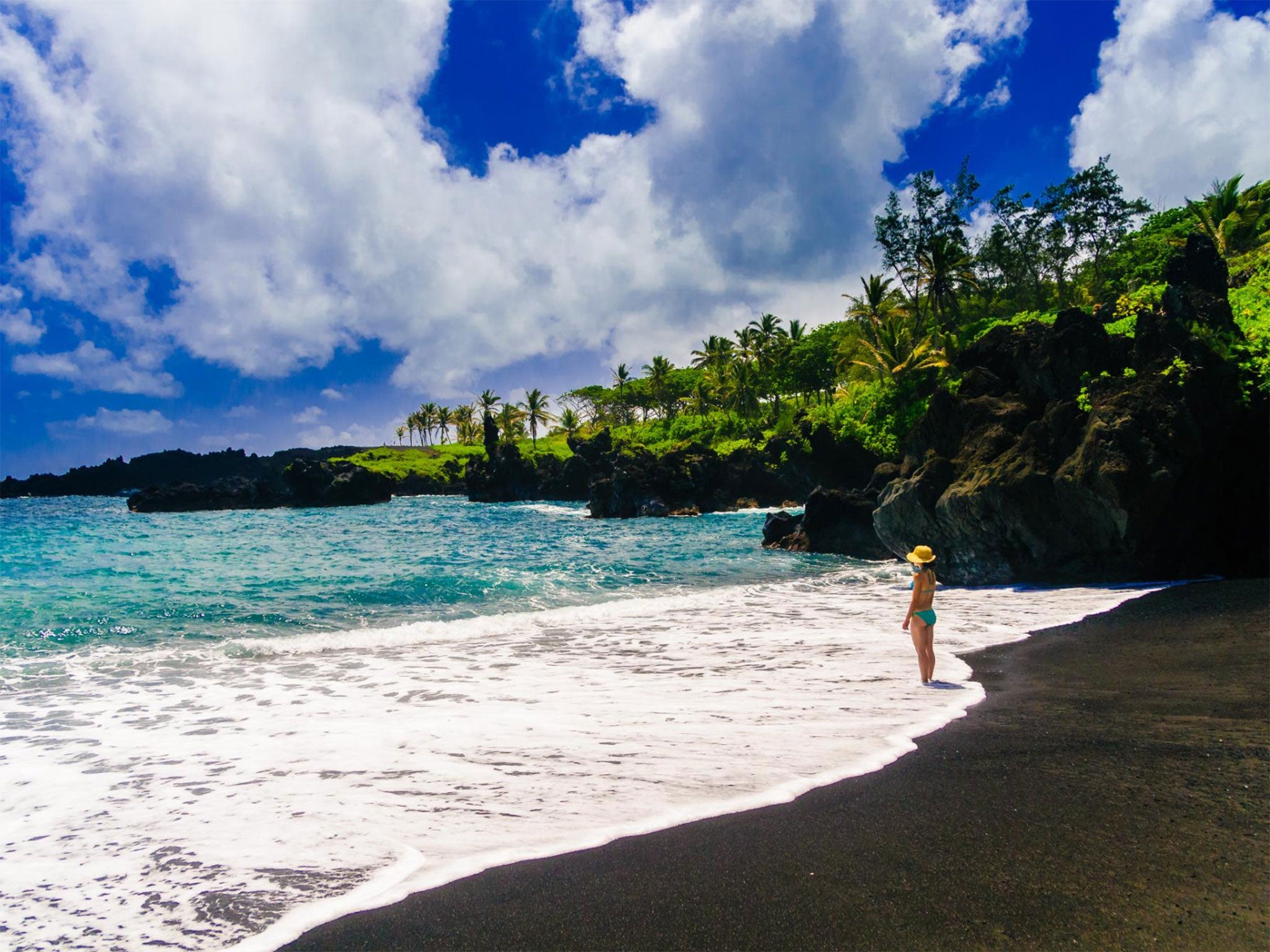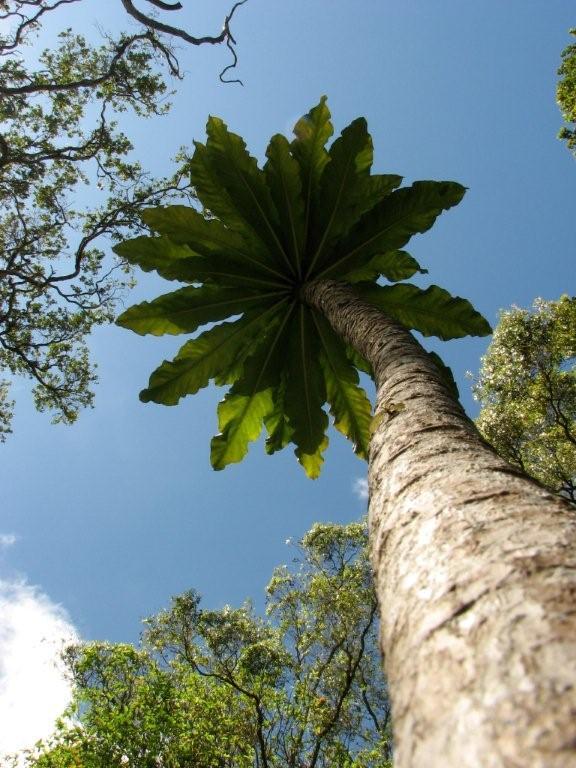The amazing plantlife on one of the world's most beautiful island atols is being wiped out
Nearly 90 per cent of native Hawaiian plants that have been assessed are threatened with extinction with one expert warning the spread of invasive species means the world will start to 'look the same'

Your support helps us to tell the story
From reproductive rights to climate change to Big Tech, The Independent is on the ground when the story is developing. Whether it's investigating the financials of Elon Musk's pro-Trump PAC or producing our latest documentary, 'The A Word', which shines a light on the American women fighting for reproductive rights, we know how important it is to parse out the facts from the messaging.
At such a critical moment in US history, we need reporters on the ground. Your donation allows us to keep sending journalists to speak to both sides of the story.
The Independent is trusted by Americans across the entire political spectrum. And unlike many other quality news outlets, we choose not to lock Americans out of our reporting and analysis with paywalls. We believe quality journalism should be available to everyone, paid for by those who can afford it.
Your support makes all the difference.When experts from around the world decided to gather on Hawaii to decide which animals and plants were endangered, they could have hardly chosen a better venue.
For the beautiful and unique flora of the Pacific islands has been devastated by the arrival of invasive species and animals brought deliberately or accidentally by humans.
Of the 415 endemic species assessed for the International Union for Conservation of Nature’s ‘Red List’, 87 per cent are threatened with extinction, including a beautiful flowering tree found only on the island of Kaua’i, called the 'ohe kiko ‘ola.
Thirty-eight species have been listed as extinct, including the shrubs 'oha wai, with four species declared extinct in the wild such as the haha plant Cyanea superba, which was last seen in the wild in 2003.
Matt Keir, a member of the IUCN’s Hawaiian Plant Specialist Group, wrote in a statement: “Hawaiʻi is an example of nature at its best with spectacular examples of evolution, yet it is facing an uncertain future due to the impact of invasive species — showing how unwittingly, human actions can make nature turn against itself.
“What we see happening in Hawaiʻi is foretelling what will happen in other island or contained ecological systems.

“Hawaiʻi and other nations must take urgent action to stop the spread of invasive species and to protect species with small population sizes.”
There are some 250 species found on the islands with less than 50 mature individuals left.
In an email to The Independent, Mr Keir wrote that while extinction could be part of natural life, this was normally a “slow gradual process”.
“The causes of extinction of Hawaiian plants is due to the introduction of new organisms which have been rapidly introduced to our islands,” he said.
“Hawaii is one of the most isolated places on earth and the few plants that got here over millions of years and radiated into many new species. In the last 200 years, we have brought in diseases that have killed the birds and insects which pollinated flowers and dispersed seeds.
“Inadvertent introductions of rats, birds, and mice have happened and now they eat plants and seeds. Large mammals brought in for food trample and browse through a forest that had never had that kind or animal before.”
However he added that hundreds of native species were being restored by dozens of different conservation groups.
“Koa forests are bring replanted, rainforests are being protected and there are many success stories about recovery,” he said.
Asked what will happen if nothing is done to control the spread of invasive species from one place to another, Mr Keir painted a bleak picture.
“We will lose biodiversity and more of the world will look the same. We will diminish the wonderful variety of life and all of the values each of the species brings,” he said.
“We will see ecosystems collapse as they have new organisms forced on them too quickly, undermining the stability they have developed over millions of years.
“Many plants are now considered global weeds. We in Hawaii have several weeds that also occur in the UK. Changes in climate may start to release and allow these weeds to spread rapidly.”
Join our commenting forum
Join thought-provoking conversations, follow other Independent readers and see their replies
Comments